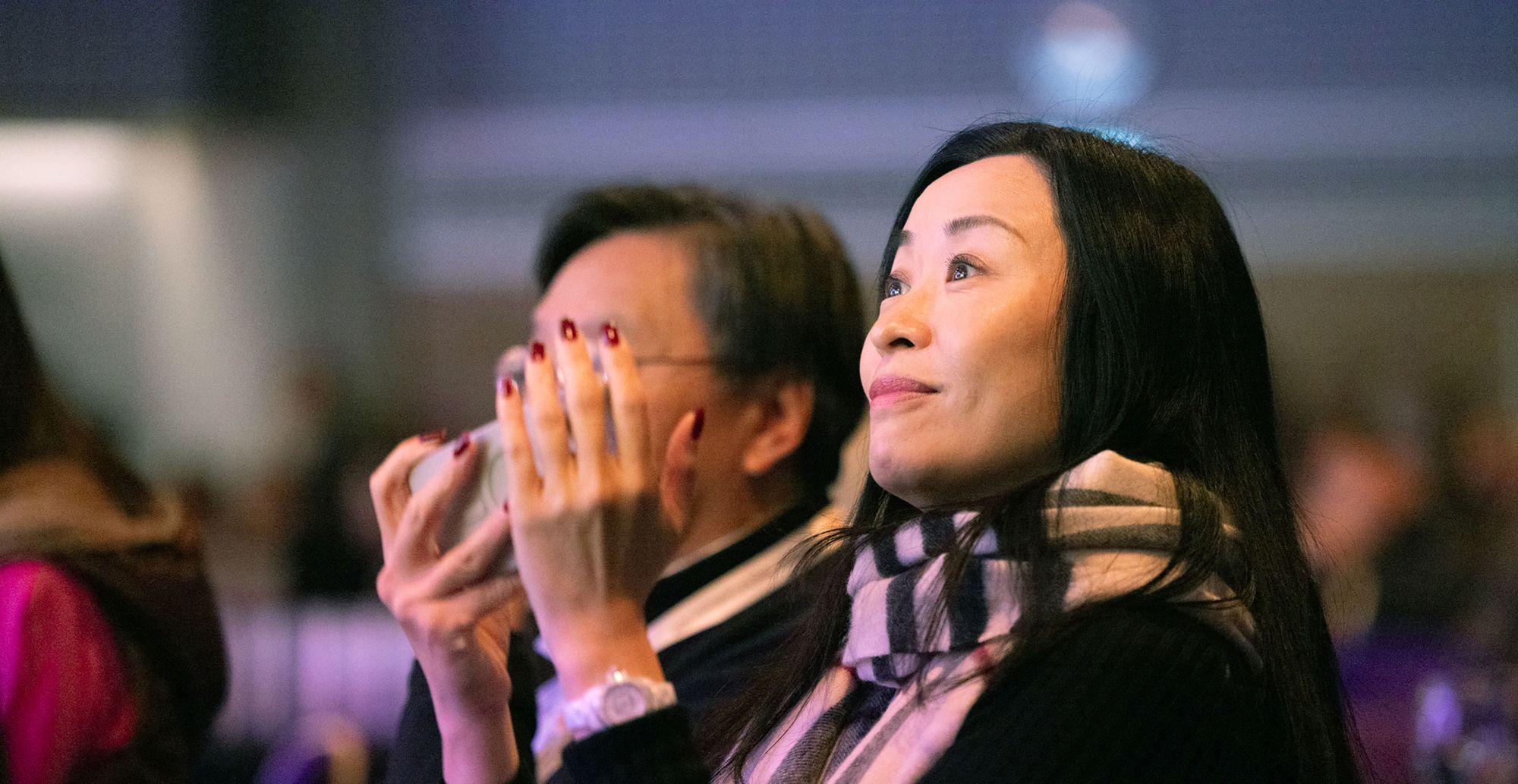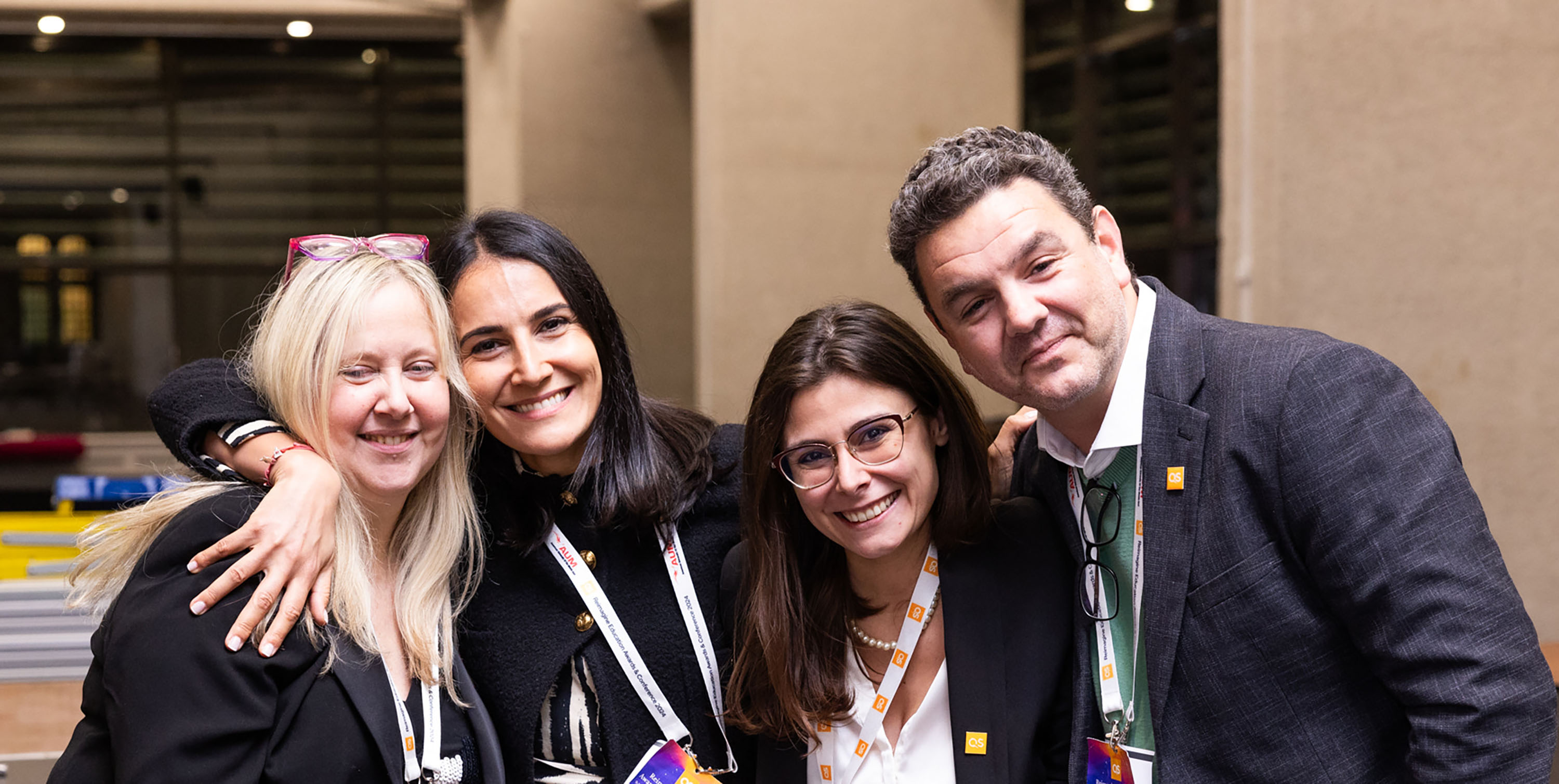- Haiti:Role of the University in Emergency Situations
- Australia: Private Colleges Growth Stall in Australia
- UK/US Crtique of Ivy League Admission Policy
- Employability: Skill Gap is Real and Global
Haiti: Role of the University in Emergency Situations
After January 12, 2010, Quisqueya University in quake ruined Haiti discovered that it has been missing the point. Educating students who do not know their country and its needs, who have learned to ignore any solidarity with the poor is not the task. We need to help our young researchers escape the stress of “publish or perish” that force them to publish to continue to feed a worldwide scientific literature abundant in generalities but irrelevant for the needs of our planet and for our communities. We are empowering our students by creating a structure for active community participation as a part of life at the university. We try to transform the university into a “militant” institution that is involved in the collective effort of national development. Our teachers are becoming aware, little by little, that if we are to continue to teach biology and soil mechanics for students to prepare them to emigrate to Canada, then we cease our reason to exist. In a sense, this new mindset is already a radical transformation in my eyes, and a good seed for real change in the future.
Full Story: Inside Highered
Australia: Private Colleges Growth Stall in Australia
Private higher education has hit the wall in Australia, with its once-meteoric growth stalling.Student numbers increased just 0.3 per cent this year and fell 1.8 per cent in equivalent full-time terms, according to data from the federal Department of Innovation.This compared with average annual growth of about 7 per cent over the past two years, and about 40 per cent between 2007 and 2009.Private colleges' international enrolments, which had seen annual rises of between 25 and 30 per cent during the boom years of 2007 to 2009, fell 10 per cent this year.Domestic growth stagnated, continuing a trend that began with the commonwealth's 2009 announcement of the demand-driven higher education system.The new system allows public universities to enrol as many undergraduates as they can attract. But teaching funds are unavailable to most private providers or technical education providers, forcing them to rely on full-fee enrolments in an environment where publicly subsidized university places are more available than ever.
Full Story: Inside Highered
UK/US: Crtique of Ivy League Admission Policy
Wealthy donors to Ivy League universities can \"buy a place\" for their offspring, and admissions policies at elite U.S. universities are far less meritocratic than anything that would be accepted in Britain, the universities and science minister has argued.David Willetts made the comments in a debate with Lord Rees of Ludlow, the astronomer royal, about the future of British higher education. He said that large donations to prestigious private universities in the United States meant that favours were returned in terms of the admission of donors' children. \"You can buy a place for your child, although obviously your child has to meet a pretty high minimum standard,\" Willetts said. \"To escape the constraints of state funding, [the Ivy League universities] have to make other sacrifices so as to achieve alternative sources of income and they'll trade off some choice [over admissions] in return for securing a stream of income,\" he added. Top U.S. universities also admit students based on ethnicity and sporting prowess, he added. Such policies go \"way beyond anything the [UK] media would regard as acceptable,\" in terms of shaping admissions using nonacademic criteria, Willetts said.
Full Story: Inside Highered
Employability: Skill Gap is Real and Global
A new study by McKinsey that shows that only 42% of employers believe new graduates in the workforce are adequately prepared by their colleges or other pre-employment training programs.Recent graduates know they're ill trained: The same study finds that 45% of youth think they're prepared for their jobs.Schools and training centers, however, have a much rosier view.The perception gap is global. Farrell and her team surveyed people in nine countries (and looked at programs in 25 nations) and found huge differences between how employers and schools view graduates' skills. The chasm was biggest in Germany, where 83% of educators think students are prepared and only 43% of employers are happy with the quality of incoming young hires.Farrell notes that colleges and universities tout the successes of their incoming students--test scores, academic achievement, acceptance rates, and the like--but rarely spend the same amount of energy sharing data about job placement and success rates of graduates. where, she asks, is the ranking of colleges (a la the US News & World Report Best Colleges lists) based on outcomes? \"We think focusing on what's happening to kids on the way out is a big opportunity.\"
Full Story: CNN Fortune









.jpeg)









